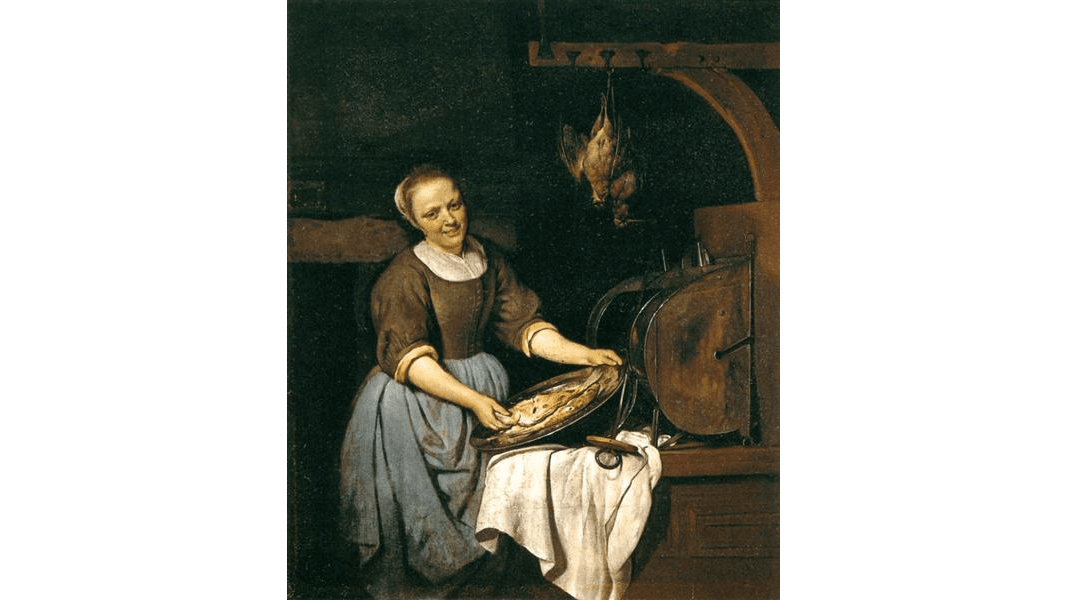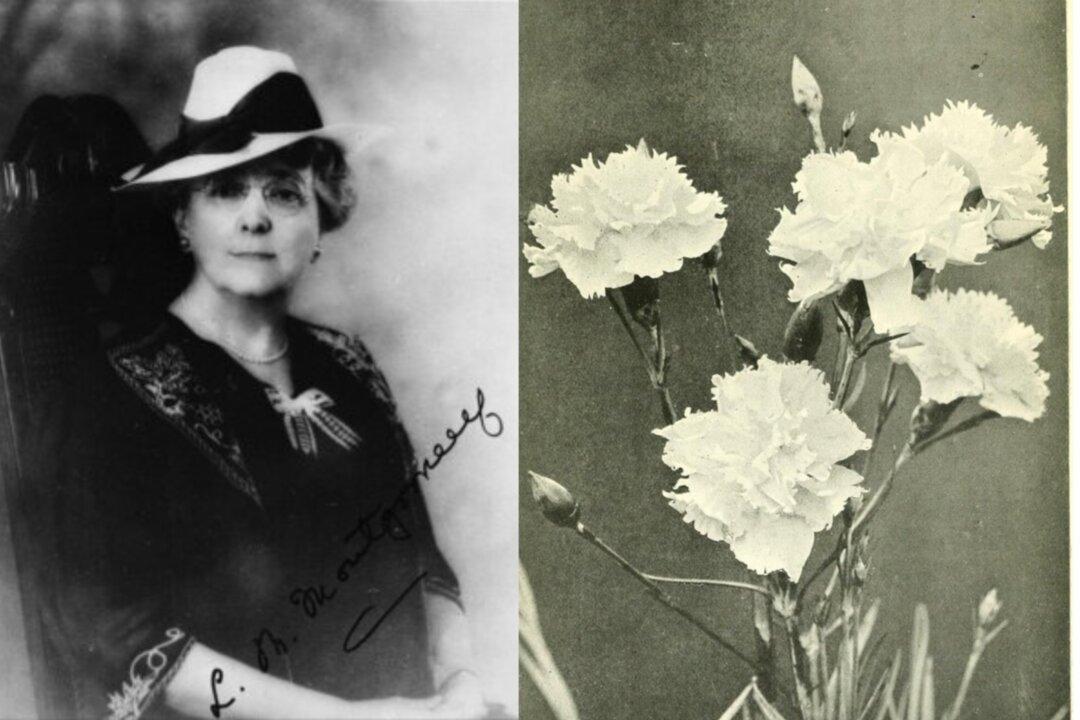When a cook puts everything she has into her cooking, the food tastes of the generous spirit with which she or he made it. Any gift given with a generous spirit sends waves of joy, thankfulness, and inspiration farther than the giver could imagine.
In L.M. Montgomery’s short story “The Genesis of the Doughnut Club,” Aunt Patty is that kind of generous spirit, and through her, Montgomery demonstrates what true giving looks like.






